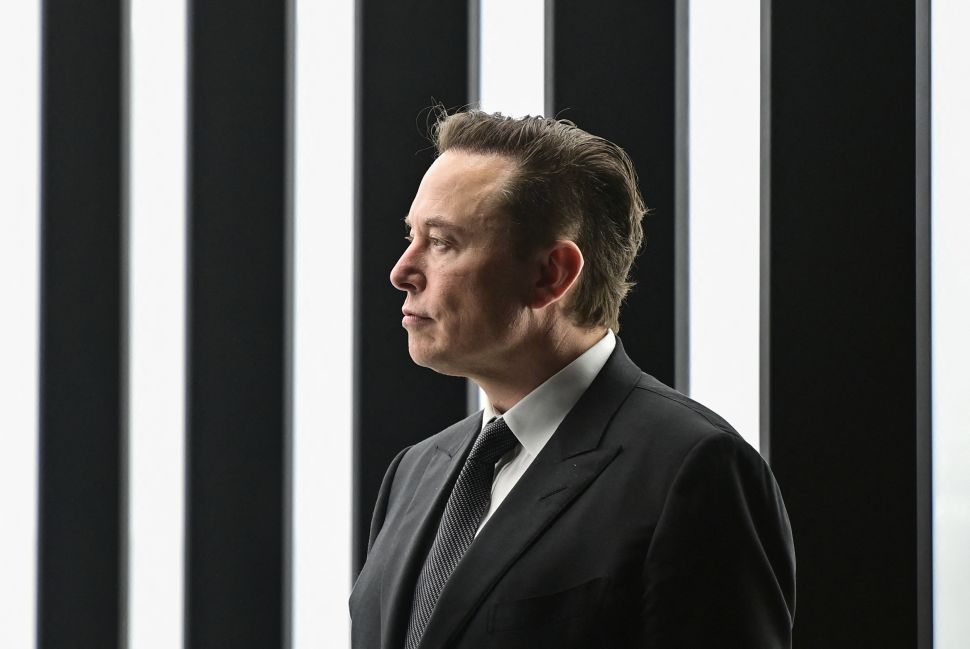Tesla (TSLA) Q4″ width=”970″ height=”650″ data-caption=’Tesla saw a steep drop in sales in Europe last year. <span class=”lazyload media-credit”>PATRICK PLEUL/POOL/AFP via Getty Images</span>’>
After a monstrous stock rally following November’s presidential election, Tesla reported its first annual decline in electric vehicle delivery, highlighting the growing disconnect between its high-flying stock price and its core automobile business.
The Elon Musk-led company yesterday (Jan. 2) released its fourth-quarter and full-year vehicle production and delivery numbers. In 2024, Tesla delivered 1,789,226 electric vehicles globally and produced 1,773,443. Last year’s EV delivery represented a 1.1 percent drop from 2023’s 1.81 million.
Fourth-quarter delivery slightly beat the previous year’s number by 2 percent but fell short of analysts’ expectation of over half a million vehicles. In the October-December quarter, Tesla delivered 495,570 vehicles and produced 459,445.
Following the report, Tesla shares fell more than 7 percent yesterday before rebounding 4 percent today.
Notably, Tesla saw a steep drop in sales in Europe last year, delivering 283,000 vehicles in the region, down 14 percent from 2023, according to registration data from the European Automobile Manufacturers’ Association reported by CNBC.
The good news is that in China, Tesla’s largest overseas market where EV competition is particularly intense, sales are still growing. The company said today its EV delivery in China rose 8.8 percent last year to a record high of more than 657,000 cars. Tesla’s largest rival in China is the homegrown BYD, which also sells EVs in Europe, Southeast Asia and Latin America. BYD delivered 1.76 million EVs globally last year, still slightly behind Tesla’s 1.79 million.
Musk, who also runs SpaceX, xAI and a few other companies, devoted much of his time last year supporting Donald Trump’s election campaign, pouring in at least $277 million to promote the President-elect and accompanying him at campaign events.
Thanks to his close ties to Trump and the Republican Party now, Tesla stock surged 66 percent in the weeks following Trump’s election win in November and finished 2024 up 63 percent. The rally reflects investors’ hope that Tesla (and other Musk-led companies, which are all privately held) could benefit from Trump’s economic and industrial policies. The company is currently valued at an all-time high of $1.26 trillion, far more than any other automaker.
Tesla’s high stock price is sustained in large by hopes for its automobile products like EV batteries, self-driving software, a planned robotaxi service and a humanoid robot that’s still under development. While Musk’s vision for Tesla is beyond just a car company, the vast majority of its revenue still comes from EV sales, which faces an industry-wide slowdown as the market saturates and governments phase out consumer subsidies.

